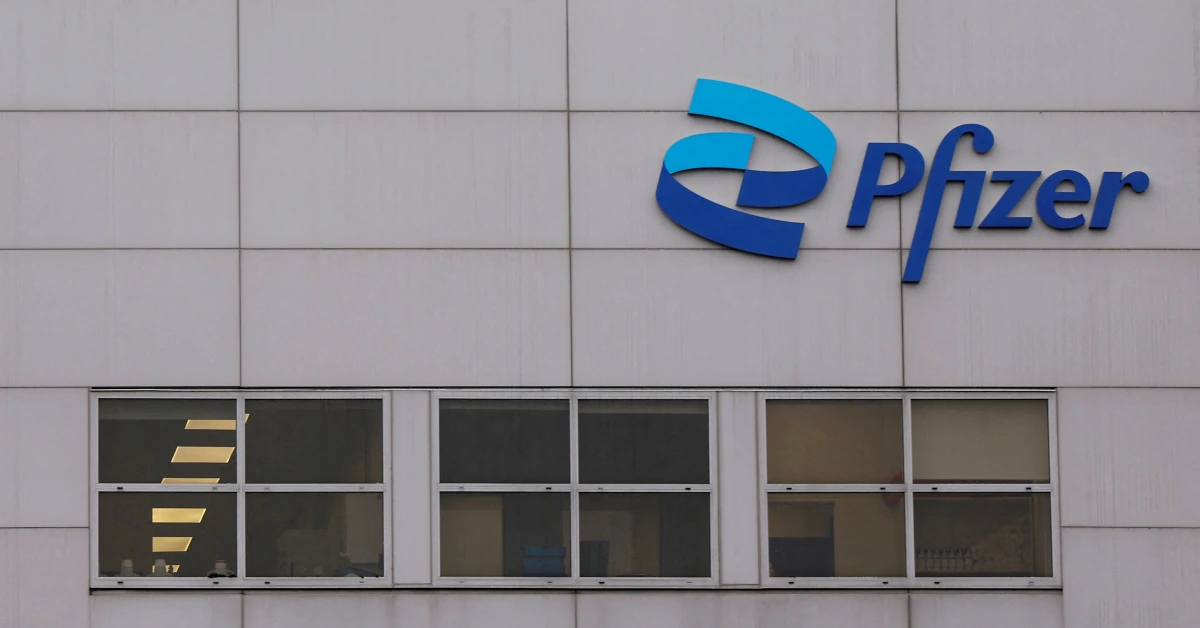
USA – In a major shift, Pfizer has decided to discontinue its gene therapy treatment, Beqvez, for hemophilia B in all markets worldwide.
The company cited low demand as the main reason, making the business financially unsustainable.
This move leaves Pfizer without any active gene therapy programs, following its recent decision to end a partnership with Sangamo Therapeutics on a hemophilia A treatment—despite promising phase 3 trial results.
The announcement highlights the challenges facing the gene therapy industry, as even innovative treatments struggle to gain market traction.
Pfizer’s decision comes shortly after bluebird bio, one of the pioneers in gene therapy, sold itself to private equity firms at a low price due to disappointing sales of its three FDA-approved therapies.
Limited interest in Beqvez
Beqvez (fidanacogene elaparvovec) was approved for haemophilia B treatment in the US, EU, and Canada last year. However, both doctors and patients showed little interest in the product.
Signs of weak demand became clear last week when Pfizer withdrew its marketing application in Japan, suggesting that the therapy was struggling globally.
The treatment was launched in the US with a price tag of US $3.5 million as a one-time therapy for adults with moderate to severe hemophilia B who required factor IX (FIX) replacement therapy but still experienced bleeding episodes.
Despite its high cost, Pfizer introduced a warranty program, offering refunds to insurers if the treatment did not perform as expected. However, this incentive failed to attract enough patients.
Industry-wide struggles in heemophilia gene therapy
Pfizer is not the only company facing difficulties in the haemophilia gene therapy market. BioMarin and CSL have also reported a slow uptake of their respective treatments.
BioMarin, which developed Roctavian (valoctocogene roxaparvovec) for haemophilia A, recently announced that it will not expand access beyond its initial three reimbursement-approved markets—the US, Germany, and Italy.
Meanwhile, CSL’s Hemgenix, a gene therapy for haemophilia B, has seen slower-than-expected sales due to the complex US healthcare system.
Pfizer’s retreat from gene therapy
Beqvez was Pfizer’s first gene therapy, developed through a partnership with Spark Therapeutics (now owned by Roche) over a decade ago. At that time, Pfizer had big ambitions to become a leader in gene therapy.
The company also invested in Vivet Therapeutics for a liver disease treatment and acquired Bamboo Therapeutics to develop gene therapy delivery systems for conditions such as Duchenne muscular dystrophy (DMD). However, the DMD therapy failed in phase 3 trials last year, adding to Pfizer’s setbacks.
A major turning point came in 2023 when Pfizer sold its early-stage rare disease gene therapy portfolio to AstraZeneca’s Alexion unit in a US $1 billion deal. This move signaled that Pfizer was already shifting away from gene therapy research and development.
XRP HEALTHCARE L.L.C | License Number: 2312867.01 | Dubai | © Copyright 2025 | All Rights Reserved